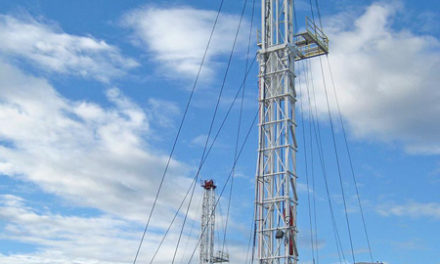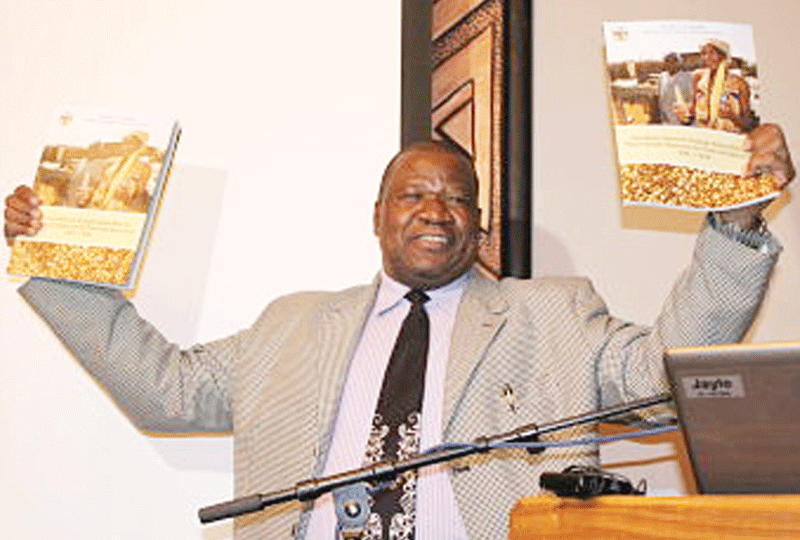
Development Bank experts investigate stalled projects
Following the cancellation of the controversial Xaris power project by the Minister of Mines and Energy, Hon. Obeth Kandjoze, a well-placed energy expert informed the Economist that a team of consultants from the African Development Bank have been in the country for the past two weeks to determine the reason for the apparent lack in urgency to float new energy products.
The aim, the source indicated, was to look at medium to longer term solutions following the cancellation of Xaris. Additionally, the word on the street is that there are talks to let the ambitious Kudu power project die a slow death.
It is alleged that the team was appointed by Minister of Finance Hon. Calle Schlettwein. Over a two week span, no access to the group of consultants has been given while further allegations by the source claim that Minister Schlettwein himself drew up the Terms of Reference for the consultants.
The Economist was not able to get a comment from the Ministry of Finance at the time of going to press.
“Xaris was found to be very expensive. How does an interim solution cost upwards of N$7 billion. The people pushing for Xaris do not have the best interest of the country at heart. The only interest they have here is profit. They know Xaris is going to be costly. The logic here is to benefit through profits generated during the construction phase and when the trouble begins, they will be nowhere to be found” said the source.
Another allegation raised was that Siemens was prepared to pay to US$10 million in facilitation fees to high ranking officials who are pushing for the Kudu deal to succeed. It is alleged that US$3 million in facilitation fees has already been paid to the Kudu marketers. In September 2014, it was reported that Siemens AG was selected as the equipment supplier for the Kudu power project.
According to the source, the construction of the Kudu project as well as Baines, much further into the future, will have catastrophic consequences. “One thing we are not being told is that if Kudu and Baines continue, the costs involved will equate our Gross Domestic Product. But the marketers simply do not care what this could do to the tax payer or the economy. Their only interest here is self-enrichment.”
Said the source “nowhere in the world has a gas resource below 5 Trillion Cubic Feet (TCF) been developed. It seems only Namibia is crazy enough to want to develop Kudu. A lot of international experts have voiced their concern over Kudu. Comparatively, the Mozambican fields are significant resources. Kudu lies 200 kilometres of the coast and at least 4000 feet will have to be drilled to get to the final resource which is not even 3 TCF as claimed.” Another contentious issue raised by the source is the likelihood of load-shedding in Botswana and Namibia. “My sources at Eskom tell me that there is a lot of anger about why the lights are on in Namibia and Botswana. The long-standing arrangement came to an end and it is only a matter of time before we start experiencing load-shedding.”
According to this person, Namibia will only be able to fend off load-shedding when Ruacana is running at full capacity and only for a few months of the year. “If Ruacana runs at full capacity, we are able to generate power for domestic use as well as export the excess to South Africa, which we have done successfully.”










































